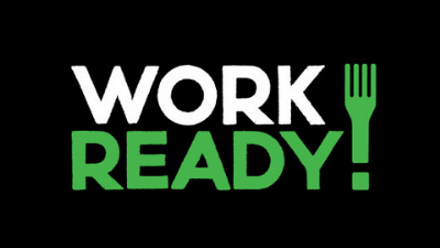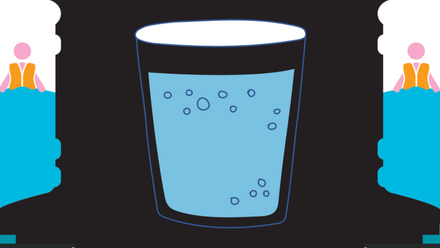Research reveals that despite one in three people adopting a healthier lifestyle since lockdown in March, one in six are already falling back into bad habits.

New research from our friends at the California Walnut Commission* has supported our experience in the Work Ready community – lots of us started new habits in the new normal and are keen to stick to them but we’re looking for support on ‘how’.
The survey found that 33% have started drinking more water since the start of the pandemic and one in five (28%) enjoy healthier snacks. In addition, one in three (33%) take more walks outside, one in five (26%) spend more time exercising and a similar amount (24%) get more sleep.
They also found that for others, lockdown was a time they picked up bad habits that could be detrimental to overall health. One in four (26%) said they were mindlessly grazing throughout the day, one in five (22%) ate more sugary foods and drank more alcohol (19%).
When asked what they thought would help them create healthier habits, 35% respondents thought better meal and snack planning was key and 24% said expert advice on how to maintain motivation long-term would be useful. 23% said they simply needed to know what counted as a ‘healthy snack’.
To share advice on making and sticking to the right habits, California Walnuts teamed up with leading Psychologist Dr Aria who says:
The biggest mistake people make when trying to change diet or activity levels is attempting to change too much too quickly. The key to sustainable behaviour change is to implement small, gradual changes that become habits. Studies show that actions that are simpler become second nature more quickly.
How can we implement better habits?
Here at BDA Work Ready we have a range of tools to help employees set and stick to goals around healthier eating patterns and maintaining a healthy weight. Our Eat Well Feel Well habit tracker helps us identify whether current habits support our sense of good mood at work.
Often used as part of one of our workshops or webinars, this also works well alongside independent SMART goal setting:
A well thought out goal, which you’re certain you want to achieve and confident you can do, is more likely to be achieved than one made on a whim. For the health behaviour/s you are keen to make a change to, first develop SMART (specific-measurable-acheiveable-realistic-timely) goal.
For example if your habit tracker shows you could do with topping up healthy fluids, a SMART goal could be:
| I will increase my fluid intake by 500mls per day by having a cup of tea mid-morning and a glass of squash in the afternoon. I will do this every day for four weeks in a row by the end of the month. This is important to me as it will make me move from my desk, improve my concentration levels and may relieve my sluggish digestion. |
Other ways of changing thoughts into actions include thinking about reframing the issue. Being able to view life from another perspective can help us towards changing behaviour.
For example, “Are you planning on taking a lunch break today?”
| Perspective one | Perspective two |
| No way I’m snowed under, got a report to write before 4pm | Yes but just a quick one, a break will help me feel re-energized to get this report done this afternoon |
Viewing the same scenario from a different perspective and describing it in a more positive way, is more likely to lead to a healthy behaviour
For more information on tools and activities to support your workers in healthier habits, including snacks, contact us here or email [email protected].
* The research was carried out online between 17 September and 21 September 2020. The sample comprised 2,010 UK adults. All research conducted adheres to the UK Market Research Society (MRS) code of conduct (2019). All research processes comply with the DPA (1998).






